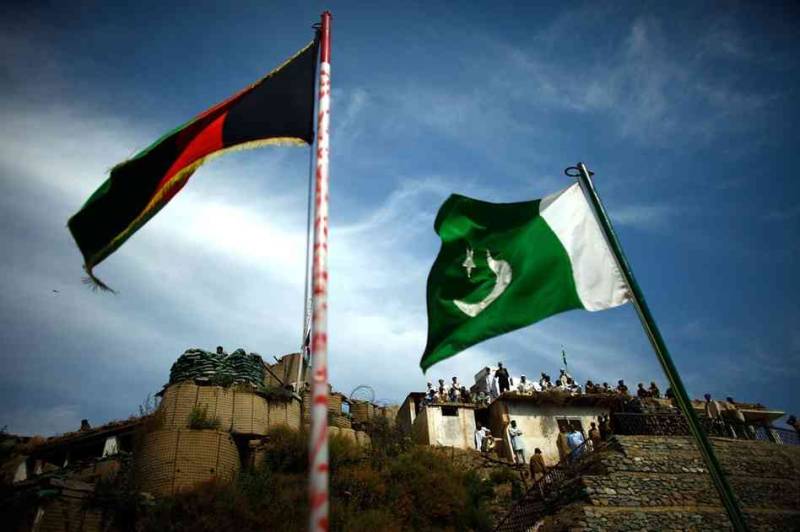Pakistan’s relationship with Afghanistan does not seem to be improving despite attempts made by both sides in recent weeks to cultivate an air of cordiality. The primary cause continues to be unilateral Afghan misadventures aimed at irking its neighbour. The premeditated attack on the census team was the first one, and now the Afghan spy agency National Directorate of Security (NDS) picked up two members of the Pakistani embassy in Kabul by force, detained them for several hours, and let them go without a charge after intervention by the Pakistani authorities. These actions are a clear violation of international norms, and without context, a thinly veiled provocation.
The circumstances surrounding the actions are unclear, mostly because the Afghan authorities have given no explanation. However, considering the involvement of consular staff, and breach of articles enshrined in the Vienna Convention, one can draw parallels with the Indian appeal over the Khulbushan Yadav case, which also centres on an alleged breach of the same convention. Coming on a day when the International Court of Justice (ICJ) is finalising its deliberations on preliminary measures, the Afghan actions take on added significance.
However, all of this stands at odds with the statements of the authorities. An Afghan army delegation led by their Director General Military Operations last week visited GHQ where it was agreed during bilateral talks that “an environment of mutual respect, trust, cordiality and cooperation” would be fostered. While there seems to be a general willingness to avoid conflicts and skirmishes that continue to erupt between the two nations, not all elements of the Afghan government seem on board. Perhaps it is the peculiarities of the hybrid Afghan government with two executive powers or just a section influenced by foreign powers, but the messages coming from the Afghan government are inconsistent and contradictory.
If matters continue like this, it is not inconceivable that a misunderstanding leads to another deadly skirmish. Even more likely is an incident like this one damaging relations to the extent that Pakistan is forced to close the borders at Chaman and Torkham again as a punitive measure. None of which is useful for Afghanistan.
While the onus to mend the bilateral relationship rests with Pakistan too, Afghanistan must ensure that it gets the unruly aspects of its administration under order and on the same page as the rest of the nation. There is too much at stake for the country to be cavalier about relations with Pakistan.






